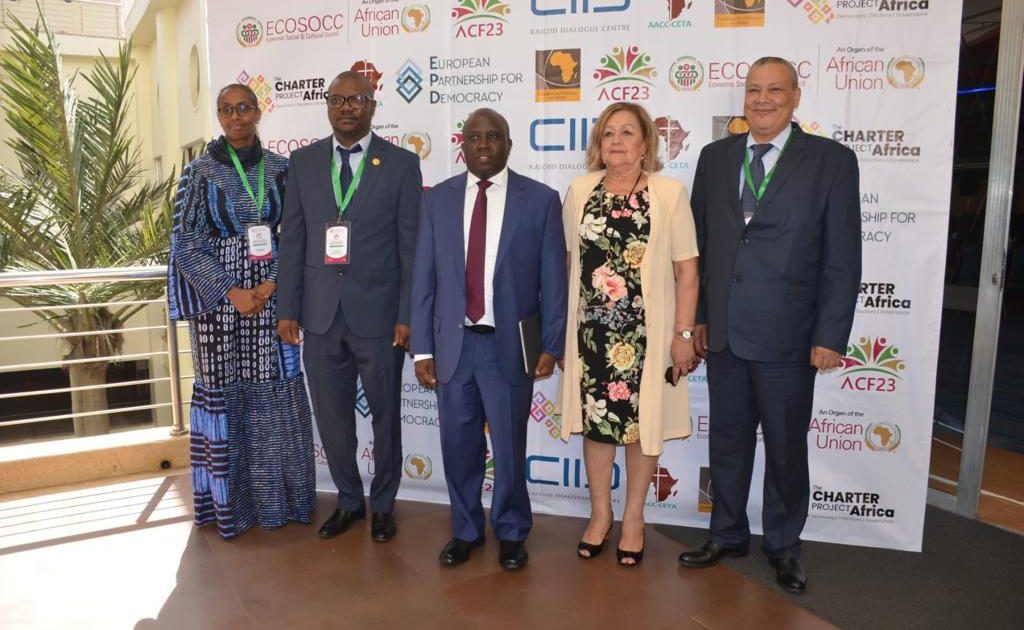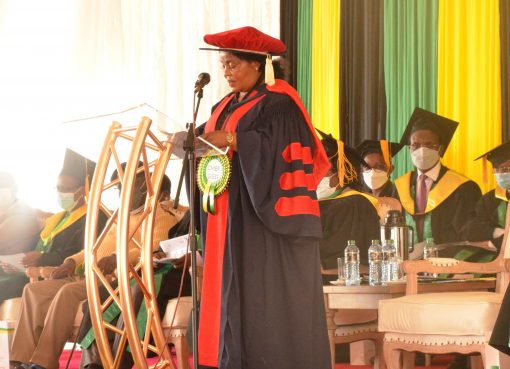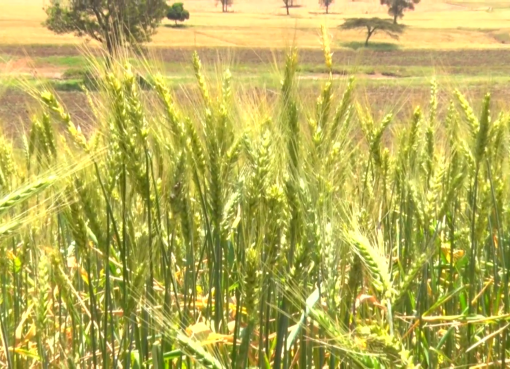The Economic Social and Cultural Council (ECOSOCC) has held the 2nd Annual Citizens Forum 2023 within the continental discourse on issues of democracy and digital governance.
Speaking at the event, State Department for Information, Communications and Technology (ICT) and the Digital Economy Principal Secretary (PS), Engineer John Tanui said that in an era driven by technological advancements, it is essential for Africa to harness the power of digital technologies to achieve its goals as outlined in Agenda 2063 and other continental aspirations.
“Democracy, with its principles of inclusivity, transparency, and accountability, provides the foundation for good governance by embracing digital technologies upon which governments in Africa can enhance their efficiency, responsiveness, and service delivery to citizens,” Eng. Tanui highlighted.
He observed that Digital Governance can promote citizen engagement, enabling them to participate effectively in the decision-making processes that shape their lives.
This inclusivity, he added, fosters trust, strengthens democracy, and ensures that the diverse voices of Africa are heard and represented.
Tanui stated that by leveraging digital technologies, African nations can streamline administrative processes, improve public service delivery, and create an environment conducive to sustainable economic growth and development.
“In Kenya for example, we have begun the process to digitize all Government services and have a central hub from where they can be accessed online, through the e-citizen portal. Currently over 5000 services are accessed online,” he revealed.
Tanui advised that it is imperative for African governments to establish robust cybersecurity frameworks, develop local expertise, and collaborate with international partners to safeguard critical infrastructure and protect citizens’ personal data.
The PS cited one of these frameworks as the African Union’s Malabo Convention on cyber security and personal data protection which Kenya is taking steps to ratify.
“Digital governance and the utilization of emerging technologies also contribute to political stability and regional development. By promoting transparency and accountability, digital systems reduce corruption and enhance trust in government institutions. This, in turn, fosters political stability and creates an environment that attracts foreign investments,” he exemplified.
At the same time, Tanui pointed out that emerging technologies like artificial intelligence (AI) and robotics hold tremendous potential for Africa’s development.
The PS said that AI can be employed in various sectors, including healthcare, agriculture, and finance, to drive innovation and improve service delivery, while Robotics, with its ability to automate tasks and augment human capabilities, can revolutionize industries and create new avenues for economic growth.
“Africa should actively invest in research and development in these fields, foster collaboration between academia and industry, and build a workforce equipped with the necessary skills to harness the potential of emerging technologies,” he remarked.
At the same time, ECOSOCC Head of Secretariat, Mr. William Carew said that good governance and democracy have always monopolized debates across the world, but the novelty of this initiative lies in bringing technology to the dialogue.
He added that democracy and digital governance have emerged as critical components in shaping the political landscape of our continent, offering new opportunities for citizen participation, transparency and accountability.
“In today’s world, digital technologies offer unprecedented opportunities and challenges. They have the potential for positive transformation, but when improperly used, they can fuel divisions within and between countries, increase insecurity, undermine human rights and exacerbate inequality,” Carew explained.
Carew voiced that efforts to strengthen democracy in Africa are ongoing and the African Union (AU) plays a significant role in advocating for democratic governance, promoting human rights and addressing governance challenges.
“When the African Charter on Democracy, Elections and Governance (ACDEG) was adopted in 2007, it was a progressive legal document that identified and addressed some of the continent’s main governance challenges such as civil participation, inclusion and representation of women and minority groups, free and fair elections, and unconstitutional changes of government,” Carew revealed.
He recalled that at that time, internet and mobile phone penetration were very low in Africa, with only 5 percent of the continent’s population being online.
However, he posited that this situation has changed significantly since then as social media platforms have become more popular, although admittedly, the continent lags in terms of global mobile coverage.
“One of the significant challenges posed by digital technologies is the rapid spread of disinformation and misinformation. Social media platforms and online news outlets have become breeding grounds for the dissemination of false information, propaganda, conspiracy theories, cyber-attacks, hacking and data breaches (even the AU was recently hacked),” he explained.
Carew said that this event has now been rebranded as the ECOSOCC Annual Citizens Forum and each year it will be organized on the margins of the Mid-Year Coordination Meeting with a contemporary theme as per the public’s demands.
By Rebeccah Maria




